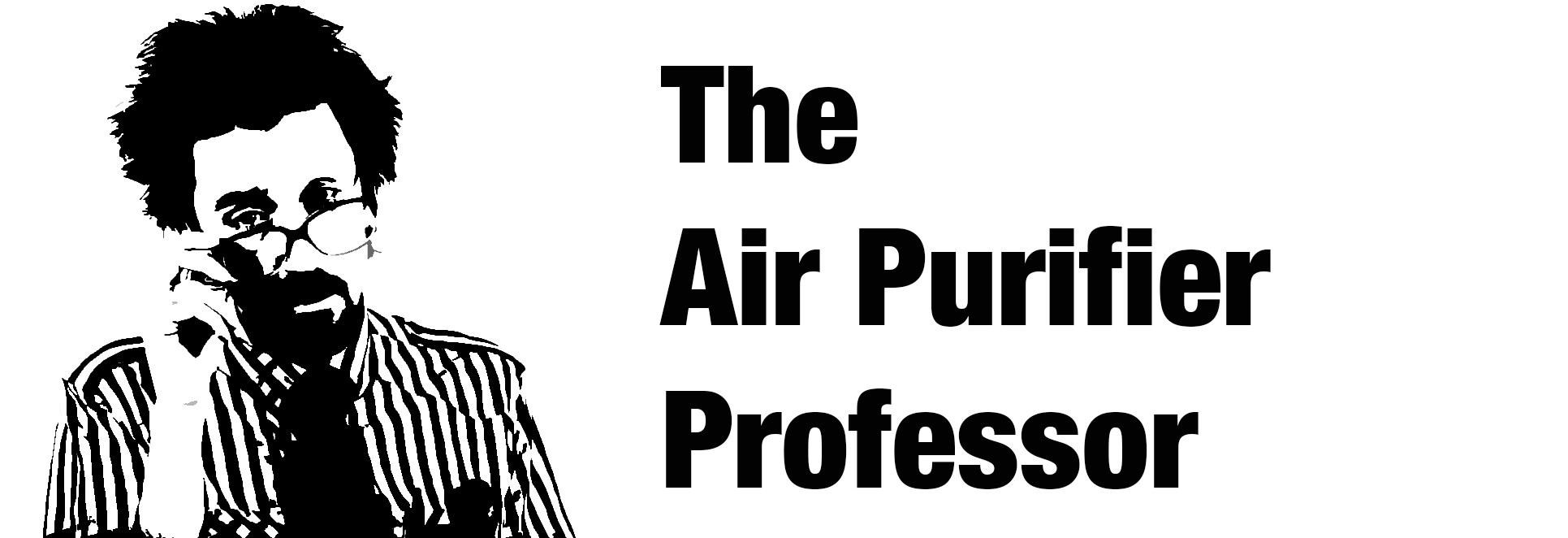By Rachel McLaughlin
High efficiency particulate air (HEPA) filters have gained popularity over recent years as one of the most widely known and used methods for cleaning household air. These filters typically consist of a paper-like glass-fiber material pleated into a “V” formation. Using polyurethane compounds, these pleats are bonded into a frame to create a completed filter.
Originally developed to remove radioactive particles in the air during World War II, HEPA filters remove many airborne air contaminants that make our body’s natural defense system more vulnerable. These filters remove pollutants larger than .3 microns such as dust mite debris, pet dander, pollen, mold, and most forms of bacteria.
AdvantagesBecause these filters have a 99.97% capacity to trap particles, allergists and doctors highly recommend these filters. As well, when HEPA filters catch solid particles, they don’t release the particles back into the air. In other words, HEPA filters don’t exhale dirty air back into your household.
The filters help prevent airborne disease and illness such as tuberculosis, asthma, respiratory infections, and the flue making these filters prominent in healthcare facilities such as labs and hospitals.
The HEPA filter technology is in many household appliances such as vacuums, heating units, humidifiers, etc. in order to increase healthy air quality.
Drawbacks
HEPA filters are typically quite loud like a lawnmower or air conditioning unit which makes them less desirable.
These filters aren’t cost effective as most of them cannot be cleaned of particulate matter. HEPA filters cost about $100 – $300 more in energy annually as well. HEPA aren’t the cheapest filters on the market ($75 – $200) either so you may find them to be quite expensive over time.
While the filters catch most particulate matter they are prone to overfilling if you don’t buy a new one which means the filter will actually be depositing dirty air into your household. This might not be too big of a deal because you can just buy a new one for clean air again, but having too many pollutants in the filter can cause the fan to overheat and burn up. Some manufacturers will even void your warranty if the filtration system isn’t replaced according to the set schedule or cover the damage done by the clogged pores. To avoid these issues, manufacturers typically recommend a biannual change of the filter.
Perhaps the biggest issue with HEPA filters is that they only filter, they don’t actually clean. The filter can’t remove smoke, odor, etc. from the air but can only clean it of solid particles. This is where having both an HEPA filter and an activated charcoal/carbon filter becomes a necessity.





